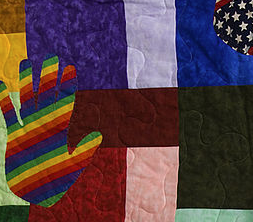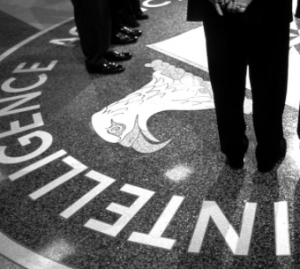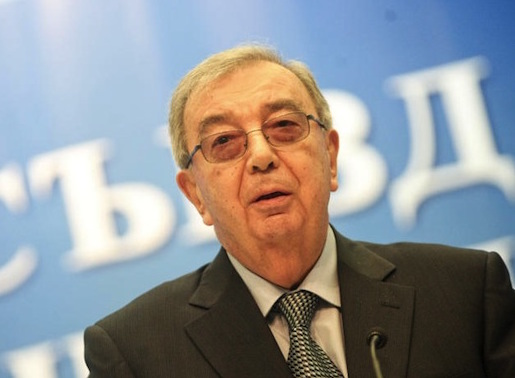Casey conferences discuss ways to improve US intelligence capabilities
[IWP news release] A year-long series of conferences, dedicated to the memory of former Director of Central Intelligence William J. Casey, is a major IWP forum from which to discuss ways to improve U.S. intelligence capabilities. The series was convened in light of the intelligence and policy failures that led to the September 11, 2001, terrorist … Read more


